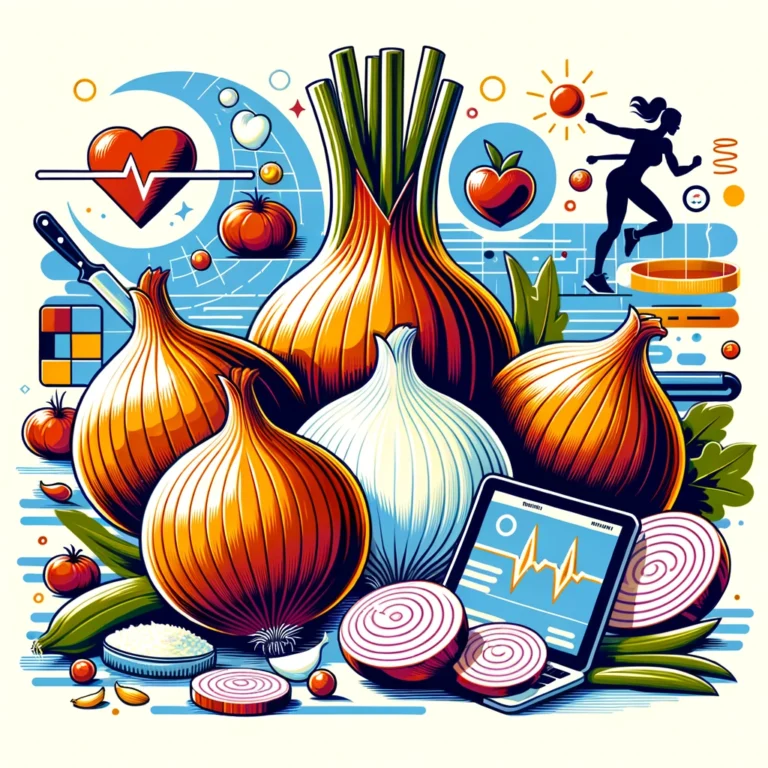Which Drink Is the Best to Lower Diabetes Risk – New Research
People who regularly drank dark tea were shown to have a much lower chance of developing diabetes. Eating…
People who regularly drank dark tea were shown to have a much lower chance of developing diabetes.
Eating whole, nutrient-dense foods including veggies, nuts, and oats has been shown to help avoid diabetes. And you might be surprised to hear that eating more fruit can have the same positive effects. However, recent studies indicate that you ought to grab for the tea kettle as well! A study that was published on October 3rd in Diabetologia suggests that having a cup of dark tea every day can help manage blood sugar levels and lower your chance of prediabetes and type 2 diabetes.
What Distinguishes Type 2 Diabetes from Prediabetes?
Let’s have a brief recap! A warning indication that your body isn’t metabolizing blood sugar (AKAnglucose) as well as it should be is prediabetes. Although the blood sugar level is raised, the situation does not meet the criteria for type 2 diabetes. In contrast, insulin resistance is a feature of type 2 diabetes, a condition in which the body struggles to use glucose as an energy source. To put it simply, insulin functions as a key that opens cells to allow glucose to enter and be used Was fuel. Because the locks don’t open as quickly and glucose can’t enter the body as much in people with insulin resistance, high blood sugar levels accumulate and can cause a variety of issues.
Researchers worked with 1,923 persons between the ages of 20 and 80 in this cross-sectional study; 71% of the participants were female. While 23% of participants had type 2 diabetes and 18% had prediabetes, 59% of participants had normal blood glucose levels. Individuals who drank only one kind of tea or who didn’t drink tea at all were also included in the group. They were questioned regarding the sort of tea they drank (green, black, dark, or other tea) and how frequently they drank it (never, occasionally, often, and every day).
Researchers looked at the relationship between tea consumption—both in terms of frequency and type—and the excretion of glucose in the urine. Diabetes usually results in less efficient kidneys that retain glucose rather than excreting it in urine, which raises blood sugar levels once more. According to the research, those who drank dark tea on a daily basis had higher urine glucose excretions, which may indicate that their bodies were eliminating glucose more effectively.
Anyway, What Is Dark Tea?
We are not referring to the black tea you buy at your local supermarket every day. Even so, there are health advantages to that as well! Microbial fermentation is a procedure used to create dark tea, a kind of Chinese tea. The distinctive feature of dark tea is that it goes through a post-production fermentation process, setting it apart from unoxidized Chinese green tea and fully oxidized Chinese black tea. Following their production, tea leaves are stored in a regulated atmosphere akin to a compost pile rather than being packaged right away. Referred to as “wet fermentation” or “pile fermentation,” the procedure entails piling or heaping the tea leaves in a controlled setting, exposing them to moisture, heat, and germs for a prolonged duration. Depending on the variety of tea, this fermenting process can take many months or even years. Like cheese or wine, tea leaves naturally change with time as they age and take on distinctive aromas and attributes. Look for “Hei Cha” online, at specialty tea shops, and in Chinese or East Asian grocery stores to obtain dark teas fermented in the same manner.
What Was Discovered by the Study?
Individuals who never drank tea had a 47% lower risk of type 2 diabetes and a 53% lower risk of prediabetes than those who drank black tea on a daily basis. Age, gender, ethnicity, family history, lifestyle factors like BMI, activity level, alcohol consumption, and smoking status, as well as biomarkers like blood pressure, cholesterol, and fasting plasma glucose (the amount of glucose in your blood after you’ve fasted for a set period of time) were taken into account before making this decision.
According to researchers, the fermentation process used to brew dark tea may produce special molecules with strong anti-inflammatory and antioxidant properties, as well as enhance pancreatic function, improve insulin sensitivity, and positively impact gut flora. As you recall from above, drinking dark tea was also linked to lower insulin resistance and greater glucose excretion in the urine—two more characteristics that contribute to overall better blood sugar control.
Dr. Tongzhi Wu, a co-lead author, claims that dark tea may even offer advantages over SGLT2 inhibitors, a recently developed anti-diabetic medication. SGLT2 inhibitors, to put it simply, act as a sort of “sponge wringer” to assist the kidneys in drawing additional glucose from the body and eliminating it through the urine. According to the research, the chemicals in dark tea may function as SGLT2 inhibitors by altering the kidneys’ glucose-handling processes. When comparing occasional to regular dark tea drinkers, these benefits were more noticeable in daily consumers. “Drinking dark tea every day has the potential to lessen type 2 diabetes risk and progression through better blood sugar control,” Wu adds in reference to the findings.
Researchers are unable to conclude from the encouraging results that daily tea consumption directly enhances blood sugar regulation through these pathways based only on observational study results. Additionally, it is impossible to completely rule out the chance that different lifestyle choices or physiological variables influenced the outcomes. In light of this, it appears that dark tea may help, and the research thus far is quite encouraging. According to EurekaAlert, a double-blind, randomized experiment is “currently being conducted to investigate the benefits of dark tea on blood glucose control in people living with type 2 diabetes” in an effort to corroborate their findings.
In summary
Further research is needed, but preliminary results suggest that switching to dark tea could be a tasty and straightforward method to prevent diabetes. Wu states, “it may be one easy step people can easily take to improve their diet and health when you look at all the different biomarkers associated with habitual drinking of dark tea.” For those benefits of blood sugar stabilization, think about making a soothing cup of black tea every afternoon or morning. It may help lower the risk of diabetes when combined with an overall balanced diet and active lifestyle.







